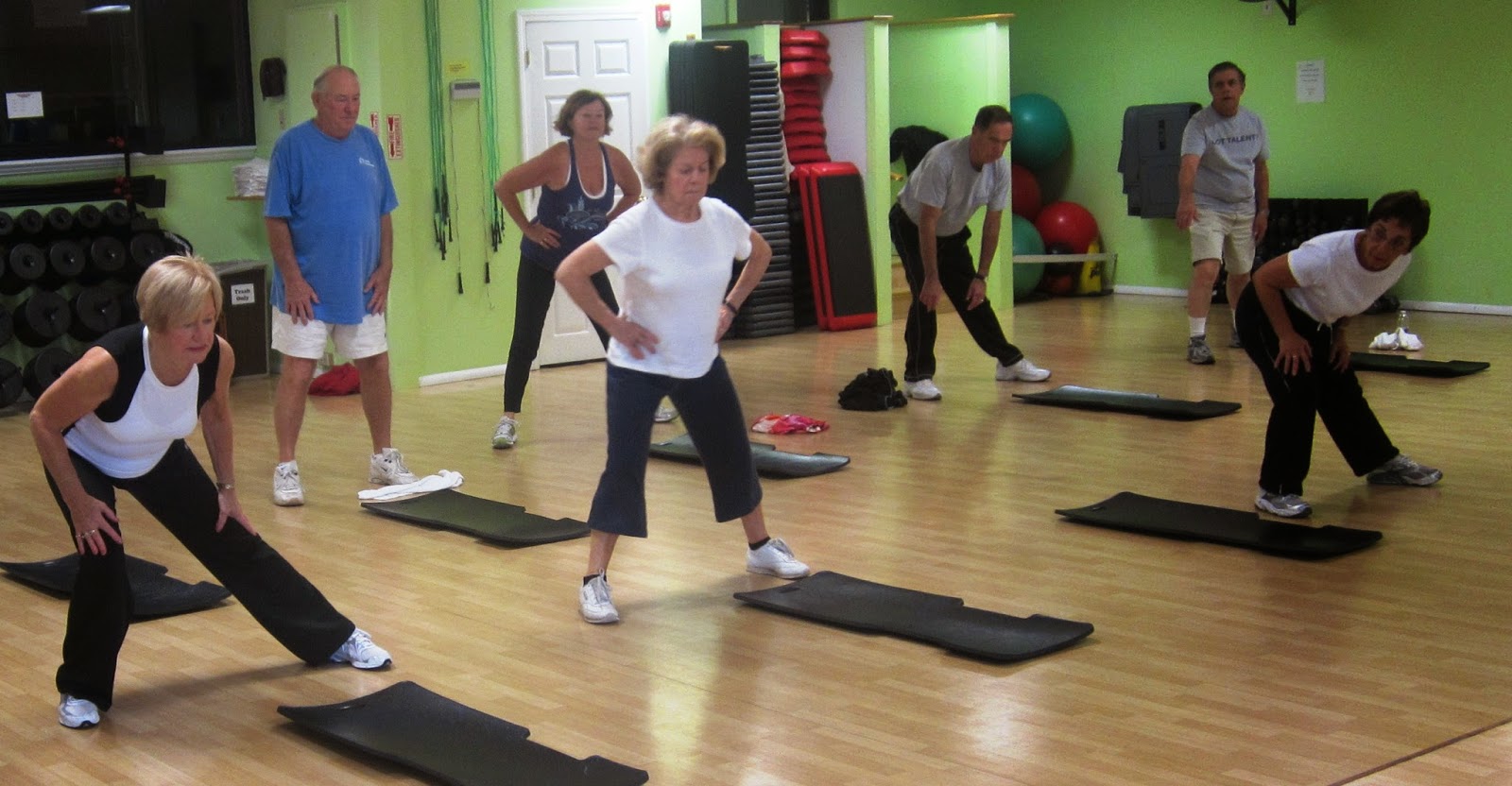Malaria is caused by a parasite called Plasmodium. There are 5 species of Plasmodiumwhich infect humans:
Plasmodium vivax
Plasmodium falciparum
Plasmodium malariae
Plasmodium ovale
Plasmodium knowlesi which is less common.
Of these, Plasmodium falciparum infection
is the most severe and can cause death in up to 10% of cases. It can be rapidly
fatal. Pregnant women and children are especially at risk. Other types of
malaria are less severe, but still may cause death.
Malaria is a notifiable disease.
How malaria is spread
The parasite is transmitted to humans by the bite of
infected female Anopheles species mosquitoes.
The parasites multiply in the liver and the
bloodstream of the infected person. The parasite may be taken up by another
mosquito when it bites an infected person. The mosquito is then infected for
the duration of its life and can infect other humans when it bites them.
Occasionally malaria is transmitted by blood
transfusion. For this reason, people who have travelled to countries where
malaria occurs may be deferred from giving blood for a short period. Malaria
can also be transmitted from a mother to her fetus.
Malaria occurs in most tropical and sub-tropical
areas of the world, including:
Africa
Central and South America
Asia (including southeast Asia)
Papua New Guinea
western Pacific islands.
Over a million people living in these countries die
from malaria each year. Many thousands of tourists also get malaria during
their travels to countries where malaria is present. Tourists often get severe
illness because they have had no previous exposure to malaria and have no
resistance to the disease.
SIGNS AND SYMPTOMS
In humans, the parasites live mostly in the red
blood cells, but a very serious complication of Plasmodium falciparum malaria
is infection of the brain.
Symptoms of malaria may include:
fever, which may come and go, or may be constant
chills
profuse sweating
malaise (feeling of unwellness)
muscle and joint pain
headache
confusion
nausea
loss of appetite
diarrhoea
abdominal pain
cough.
Diagnosis
Diagnosis is made by a blood test – sometimes it is
necessary to repeat the test a number of times, as the parasites can be
difficult to detect.
Incubation period
(time between becoming infected and developing
symptoms)
Varies with the type:
P. falciparum: 9 to 14 days
P . vivax: 12 to18 days but some strains may have an
incubation period of 8 to 10 months or longer
P. ovale: 12 to 18 days
P. malariae: 18 to 40 days.
These periods are approximate and may be longer if
the person has been taking drugs taken to prevent infection.
Infectious period
(time during which an infected person can infect
others)
Direct person-to-person spread does not occur.
A person remains infectious as long as the parasites
are present in the blood. This may be several years if adequate treatment is
not given. Parasites disappear from the blood within a few days of commencing
appropriate treatment. Mosquitoes remain infected for life.
TREATMENT
Specific antimalarial treatment is available and
must always be started as soon as malaria is diagnosed. There is increasing
resistance to currently available drugs and treatment should be carried out by
an infectious diseases specialist or other expert in the field.
PREVENTION
Exclusion from childcare, preschool, school or work
is not necessary but cases should avoid being bitten by mosquitoes while they
are unwell
there is no vaccine to prevent human infection by
this parasite
personal protection and the environmental management
of mosquitoes are important in preventing illness. See Fight the Bite for
tips to on how to protect yourself.
Travel in countries where there is malaria?
Extensive international programs are undertaken in
malarious countries to try to control this disease. For travellers, the
following advice is given:
see a travel medicine expert before you go to get
specific advice for the places you will be visiting
always take malaria prophylaxis drugs exactly as
prescribed and take the full course. Be aware of their potential side effects
protect yourself from mosquito bites. Travel medical
centres have good information on how to do this
be aware that no preventive measures are 100%
effective, so always seek medical attention immediately if you develop a fever
while travelling in, or after return from, a country where malaria occurs
always give your doctor the information about your
travel if you become sick.







.jpg)





